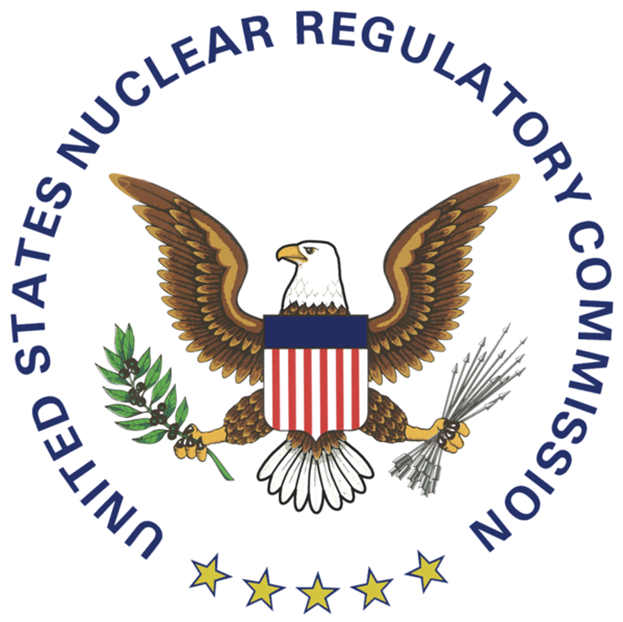Part 2 of 2 Parts (Please read Part 1 first)
During the Senate field hearing, attorneys from the Massachusetts Attorney General’s Office and from the National Resources Defense Council, an environmental law firm, brought up the NRC’s proposed rule changes.
Seth Schofield is a senior attorney at the Attorney General’s office. He took issue with the NRC’s track record of oversight at Pilgrim. He also said that the proposed rules water down the agency’s already anemic oversight. The rules allow the NRC to take a “hands-off approach and allow the licensees to make all the meaningful decisions. It is a risky approach.”
Geoffrey H. Fettus is an attorney with the Natural Resources Defense Council. He said that he hoped the NRC would take all the feedback from those who testified at the May 6th subcommittee hearing and incorporate it into its final decision on rule changes. He added that “This rule [change] is the last good chance to get it right. Set the ground rules for sites around the country. The proposed rule does not do that.”
The NRC meeting followed the Markey hearing by two days and was much less contentious. The purpose of the NRC hearing was to give an overall description of the changes governing the decommissioning process for nuclear power plants across the country. The presenters at the meeting also asked audience members to send comments about the changes to the NRC during a public comment period that has been extended until the 30th of August.
The proposed NRC rules would implement specific regulatory requirements for different phases of the decommissioning process. The new rules would be consistent with the reduced risk and based on lessons learned from plants that have recently transitioned to decommissioning. The proposed rules also included changes in emergency preparedness planning, funding, and reporting requirements for plants undergoing decommissioning. The NRC’s final report is expected to be finished by May of 2024.
The language at the hearing was very technical and it seemed to be geared to industry insiders. However, the audience stayed until the question-and-answer period at the end of the hearing. Although audience members said little about the proposed rule changes, they made it clear that the discharge of radioactive wastewater into Cape Cod Bay should be prohibited by the NRC.
Henrietta Cosentino is a member of the Plymouth Area League of Women Voters. She said, “I would have to spend days going over this.” She was concerned about the casks of nuclear material stored near the side of the road at the Pilgrim plant. She asked whether the NRC’s oversight extended to such vulnerable storage areas. She was told that the proposed rules did not address changing the storage standards. However, Ms. Cosentino was told that she could submits comments on the matter.
Many environmentalists stated that they want the NRC to stop the plan to discharge radioactive water into the Bay.
Diane Turco is a spokesperson for the Cape Downwinders. She said that the NRC should enforce its existing rules before trying to adopt new ones. She added that “I don’t have much faith in your proposals. You need to go back to the drawing board.”
Radioactive Waste 856 – Debate Rages Over Dumping Irradiated Wastewater Into Cape Cod Bay – Part 2 of 2 Parts

Written by
in
